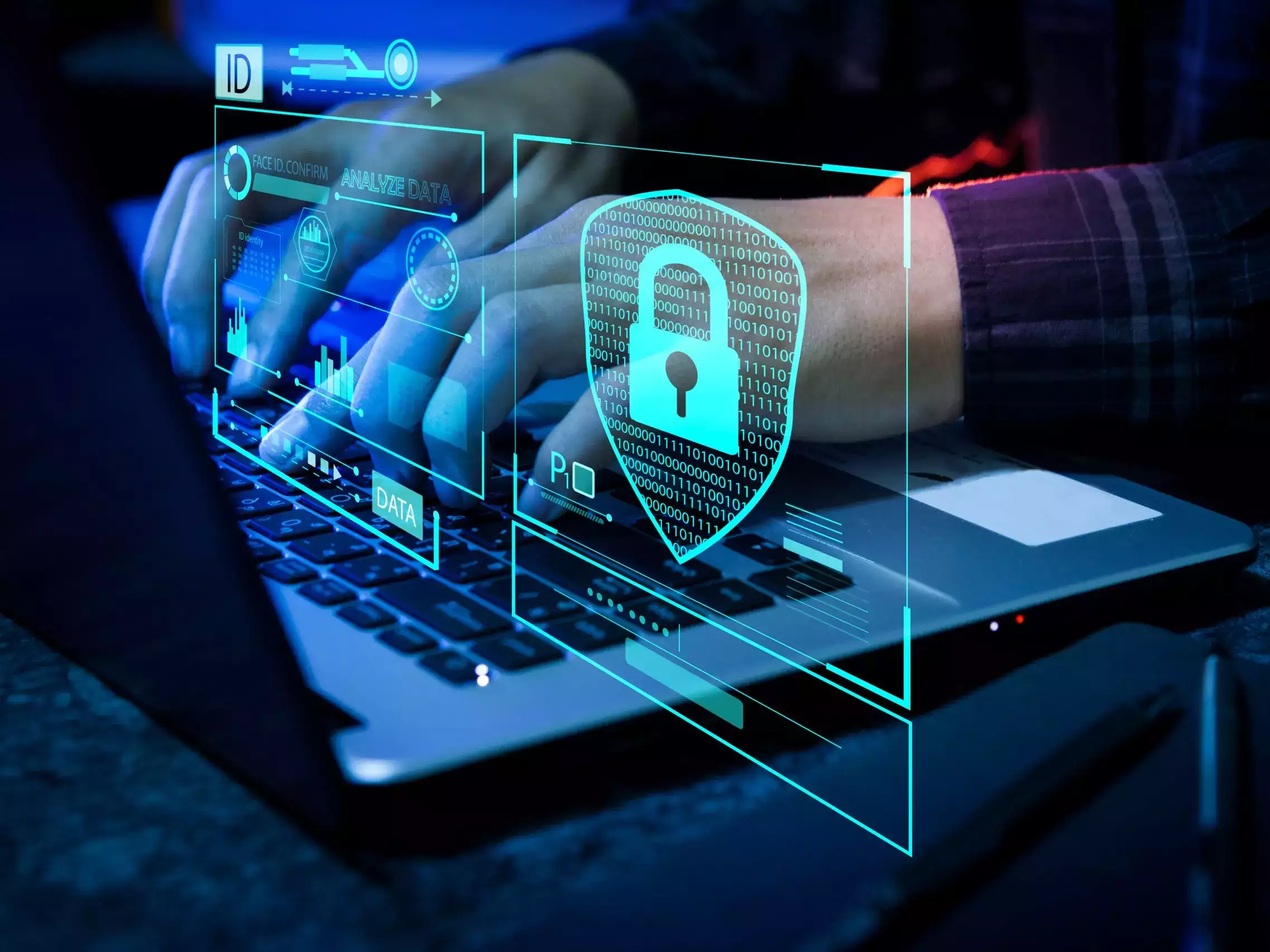
Do you know what’s protecting your sensitive data? It’s likely more than just encryption and firewalls and a basic understanding of the building blocks of PKI authentication. Certificate Authorities, or CAs, play a critical role in helping to secure personal information online. So if the security of your digital assets is essential to you, it pays to understand precisely how CAs do their job. In this blog post, we’ll explore six basic ways these trusted third-party providers secure data for users worldwide—and why it matters to keeping everyone safe on the web. Read on if you want to learn more about one of the most crucial pieces in today’s cybersecurity puzzle!
Encryption – Using Encryption Algorithms To Ensure That Data Is Secure And Can Only Be Accessed By Those With The Correct Keys
In today’s technological age, the security and privacy of our data are of utmost importance. That’s where encryption algorithms come in. By encrypting our sensitive data, we can ensure that only those with the correct keys can access it, offering us peace of mind in an era of digital vulnerabilities. From government agencies to businesses to individual users, encryption is vital in protecting valuable information and maintaining the integrity of our online interactions. So the next time you send a confidential email or store important files online, remember the power of encryption and its role in keeping your data safe.
Certification Authorities – Establishing A Trust-Based Relationship With Certificate Authorities To Verify That Communications Are Secure
Ensuring secure communications over the internet is of the utmost importance in today’s digital age. Certification authorities play a vital role in establishing a trust-based relationship between parties exchanging sensitive information. These authorities serve as third-party entities that verify the authenticity of digital certificates and ensure that any data transmitted online remains secure. Without this trusted relationship, ensuring the confidentiality and integrity of data sent over the internet is impossible. Thus, it’s crucial to establish a fast and reliable trust-based relationship with certification authorities. Only then can we ensure that our online communications remain safe from prying eyes and attackers looking to exploit vulnerabilities.
Web Security Protocols – Utilizing Web Security Protocols Such As TLS/SSL To Protect Web Traffic And Data In Transit
In today’s digital age, protecting web traffic and data in transit is paramount. Luckily, we have web security protocols like TLS/SSL to thank for providing an added layer of protection. TLS/SSL helps to secure data by encrypting it during transmission, ensuring that sensitive information like passwords and credit card numbers are kept safe from prying eyes. Utilizing web security protocols is not only essential for protecting your information, but it’s also crucial for maintaining the trust of your website’s visitors. By prioritizing web security, you can rest assured that your website is secure, allowing visitors to browse, shop, and communicate confidently.
Firewalls – Setting Up Firewalls And Deploying Intrusion Detection Systems To Protect Against External Threats
As technology becomes increasingly central to every aspect of our lives, the importance of cybersecurity has never been greater. Firewalls and intrusion detection systems are crucial tools for protecting against external threats. Setting up firewalls helps ensure that only authorized network traffic is allowed through while blocking all other traffic. Deploying an intrusion detection system provides an added layer of defense, allowing you to detect and respond to potential threats in real time. By taking these proactive measures, you can safeguard your network and data from malicious actors looking to exploit vulnerabilities.
Access Control – Implementing Access Control Mechanisms Such As User Authentication And Authorization To Ensure Only Authorized Personnel Have Access
Access control can encompass a variety of measures, from simple password-based logins to more complex biometric authentication methods. However, ensuring the effectiveness of access control is just as critical as implementing it. Failure to do so can lead to data breaches, regulatory violations, and business losses. Therefore, it is imperative that organizations continually evaluate and update their access control mechanisms to stay ahead of potential threats and safeguard their sensitive information.
Auditing – Regularly Auditing The System For Any Vulnerabilities Or Weaknesses And Addressing Them Promptly
Regularly conducting audits helps to identify any vulnerabilities or weaknesses that may put the system at risk. Organizations can promptly prevent potential data breaches and protect sensitive information by addressing these issues. Additionally, auditing provides insight into the system’s use, allowing for necessary updates and improvements. It’s no secret that online threats are constantly evolving, so keeping up with auditing is essential in maintaining a secure environment for individuals and businesses.
Final Thoughts
In conclusion, it is essential to implement several data security mechanisms to maintain a secure computing environment. In-depth knowledge of the building blocks of PKI authentication, including a proper understanding of encryption algorithms, can be used to protect data. At the same time, certificate authorities can be employed to establish a trust-based relationship. Furthermore, web security protocols such as TLS/SSL must be enabled to encrypt web traffic, and firewalls and intrusion detection systems must also be implemented to protect against external threats. Lastly, access control mechanisms must be implemented to ensure authorized personnel are the only ones with access to private data and resources. Once these measures are adopted, regularly auditing the system for any vulnerabilities or weaknesses should ensure that all data remains secure.
 2018 ·
2018 ·
Leave a Reply